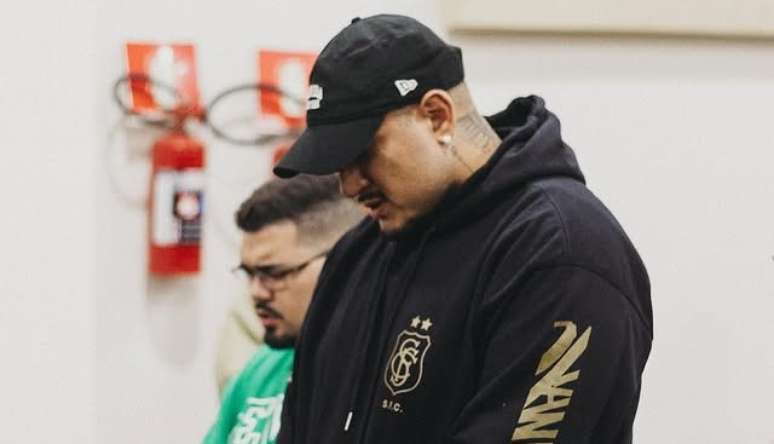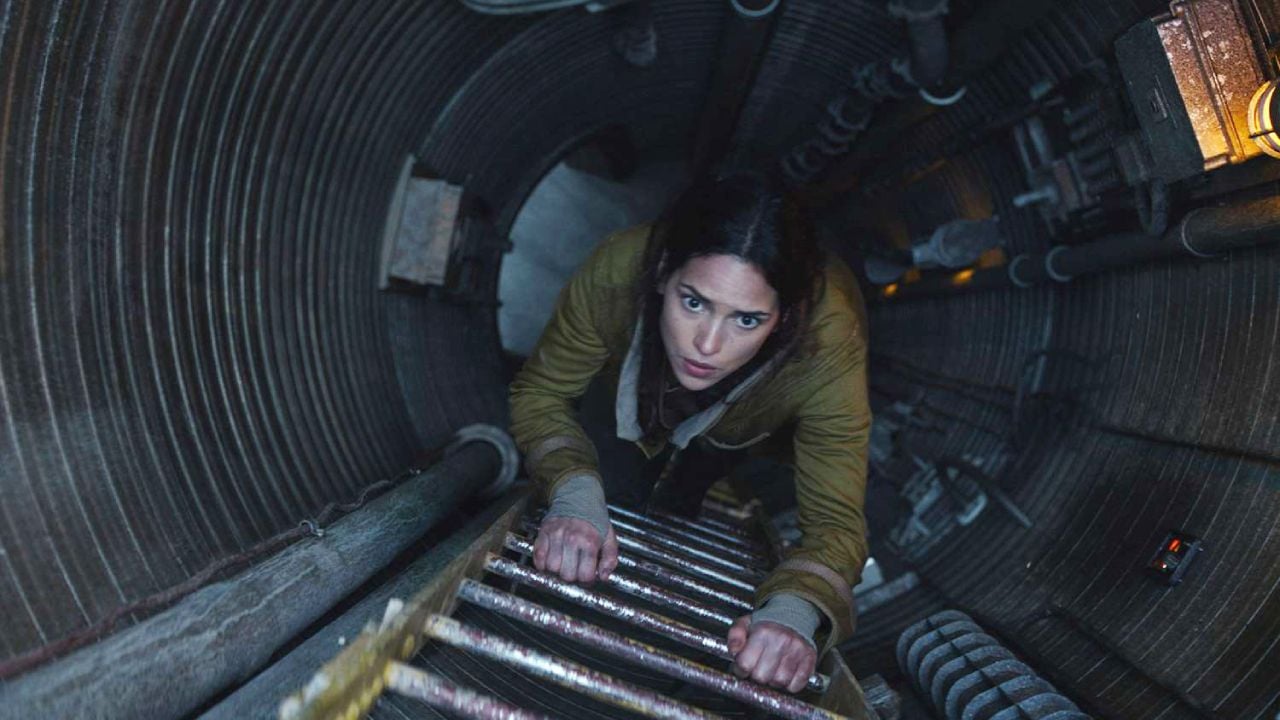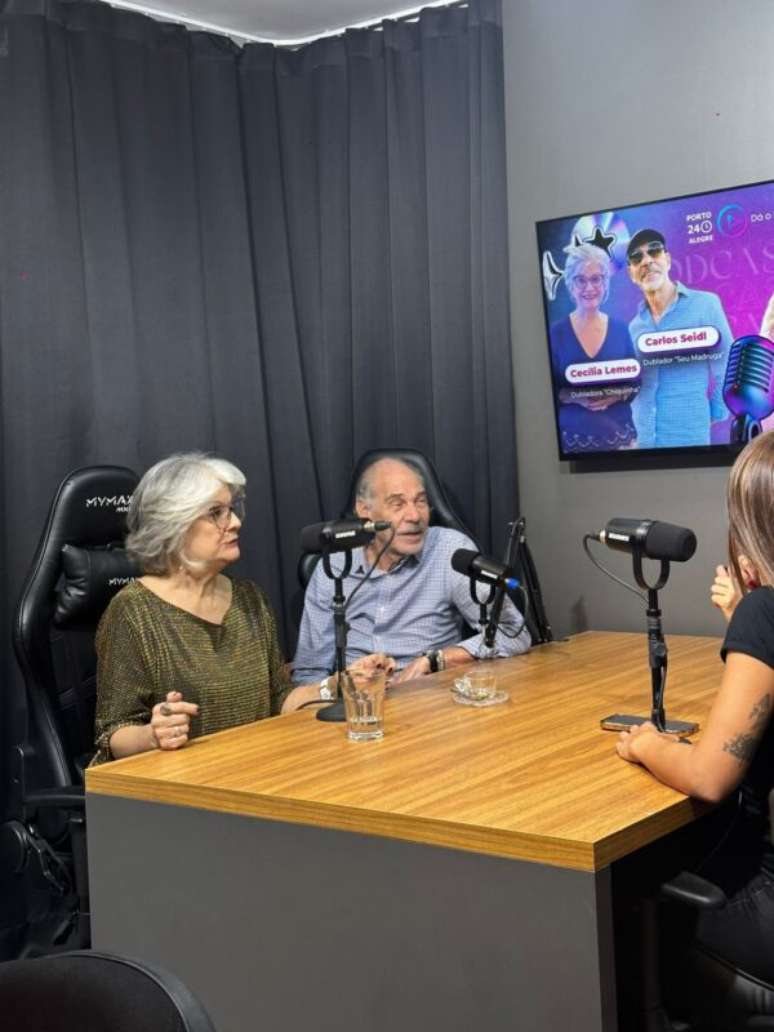So-called gamified therapy has been increasingly used to treat patients with different types of mental conditions.
EINSTEIN AGENCY – Theo, 10 years old, was diagnosed with the disease at the age of seven attention deficit hyperactivity disorder (ADHD) mixed, which involves inattention and hyperactivity. In addition to individual therapeutic sessions, he participates in a group mediated by psychologists, in which elements of role play are presented (Role playing game), a type of game in which players take on the roles of characters and collaboratively create narrativesthey are used to develop social-emotional skills in children and adolescents.
According to psychologist Germano Henning, master in Clinical Psychology at the Institute of Psychology of the University of São Paulo (USP), the use of games can help develop other skills, such as improving executive functions, which is a deficit present in ‘ADHD, or improving adherence to sports practices, which is an important step in the treatment of anxiety, among others. “But we always make this clear Role playing is mainly used to train social skillswhich may help in the treatment of other clinical conditions,” Henning emphasized.
Sessions have three or, at most, six participants. “Groups are formed based on psychological profile, such as diagnosis, age and common interests. We always respect the difficulties and individuality of each participant. We use role-playing games to motivate patients to develop their social skills,” added the psychologist.
The sessions are planned in advance for each participant, with the aim of addressing each person’s social skills individually. In this way, the target behaviors can be non-verbal, such as eye contact, or verbal, such as empathy towards the play partner when, for example, he is injured during the session. Explain that the placement Traditionally it involves a table, where the participants sit around, with one of them in the role of master (narrator of the story) and the others as players.
“Each player creates a unique character and the evolution of the character occurs throughout the adventures, depending on the character’s actions. Trips generally last months or years, which makes the experience immersive and intense.“, explained the psychologist, one of the partners of the D20 Group – Development of social skills, in which Theo participates.
For psychotherapy, some important adaptations occur in the game: In all groups there are two therapists: an experienced therapist, responsible for the narrative, and a co-therapist, responsible for providing general attention to the participants during the session.
For psychiatrist and psychotherapist Gabriel Okuda, who works at the Israelita Albert Einstein, Alemão Oswaldo Cruz and São Camilo hospitals, the growth in the use of gamification in therapies in recent years tends to be a positive factor in group therapies. However, given the still limited number of studies on the topic, experiences like this may not be ideal, for example, for psychotic patients, who often experience hallucinations and already live between reality and fantasy.
“The use of this resource must always be well evaluated and targeted, depending on the disorder. In general, I believe that with adequate mediation by trained psychologists, this experience tends to be positive, with better results for the vast majority of patients with difficulties in social-emotional skills, because it favors some perspectives of group relationships, such as for example development of empathy, creativity, leadership and socialization“Okuda emphasized.
Another important point, according to the expert, is that of gamification through role-playing games they can enable people with difficulties to deal with certain types of problems, like frustrations. “People with more anxious or depressive temperaments may learn to be the most active characters in their own story after this experience,” concluded the psychiatrist.
Theo’s father, Adriano Rodrigues dos Santos, 47, is already observing changes in his son’s behavior. He reports that, within the group therapy program, there is an activity called “PG tour”: “the therapists take the children, with the permission of their parents, to some external activities and observe their behavior. At the end of the ‘activities, send a report describing how each person participated individually,’ says the father, who studies psychology and plans to change careers to invest in group therapy.
“Gamification in the bonding process is very fascinating. Social skills have been an increasingly discussed topic in psychology, mainly due to the excessive use of mobile phones, self-esteem and relationship problems of this generation,” he adds Santos.
Source: Terra
Ben Stock is a lifestyle journalist and author at Gossipify. He writes about topics such as health, wellness, travel, food and home decor. He provides practical advice and inspiration to improve well-being, keeps readers up to date with latest lifestyle news and trends, known for his engaging writing style, in-depth analysis and unique perspectives.








